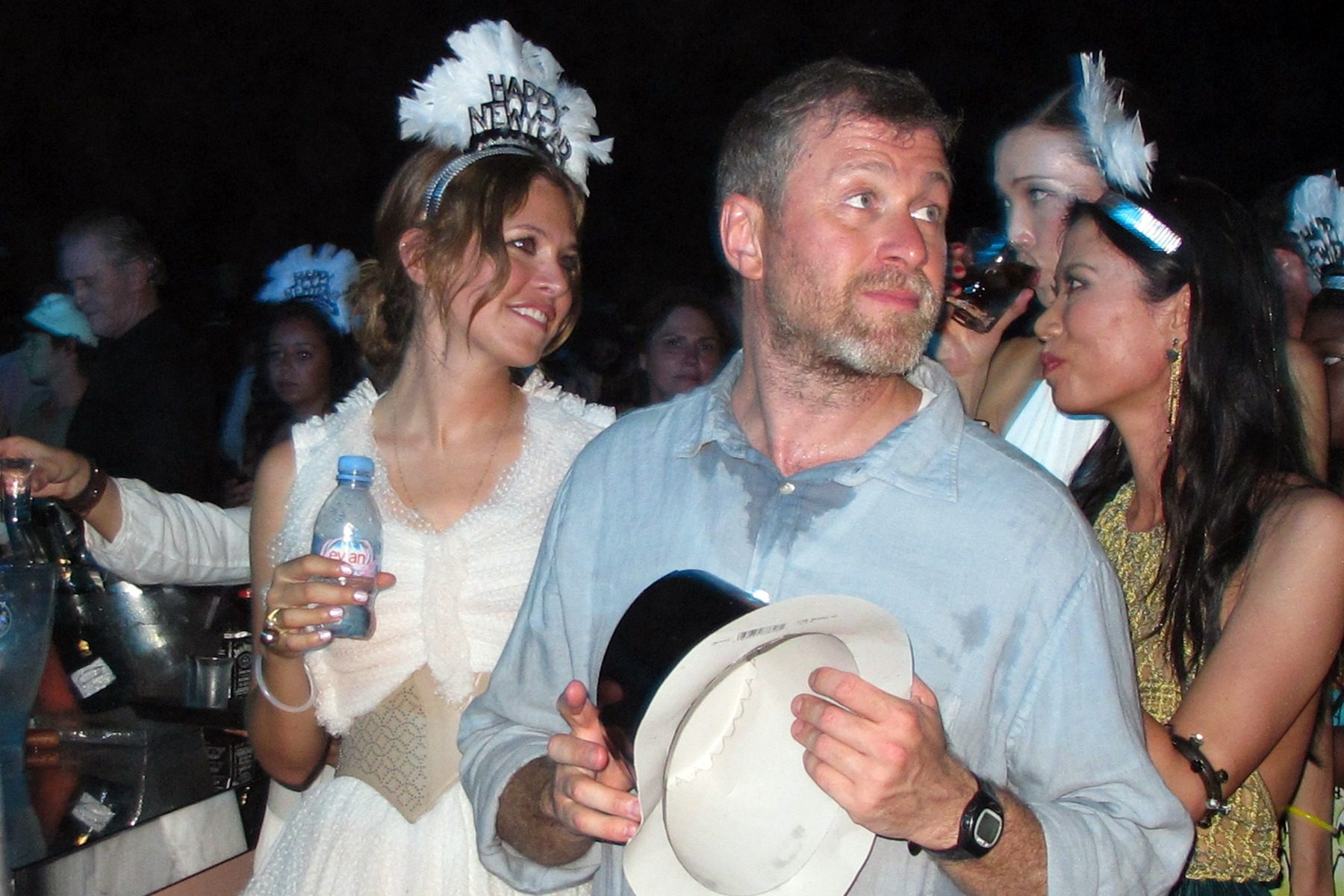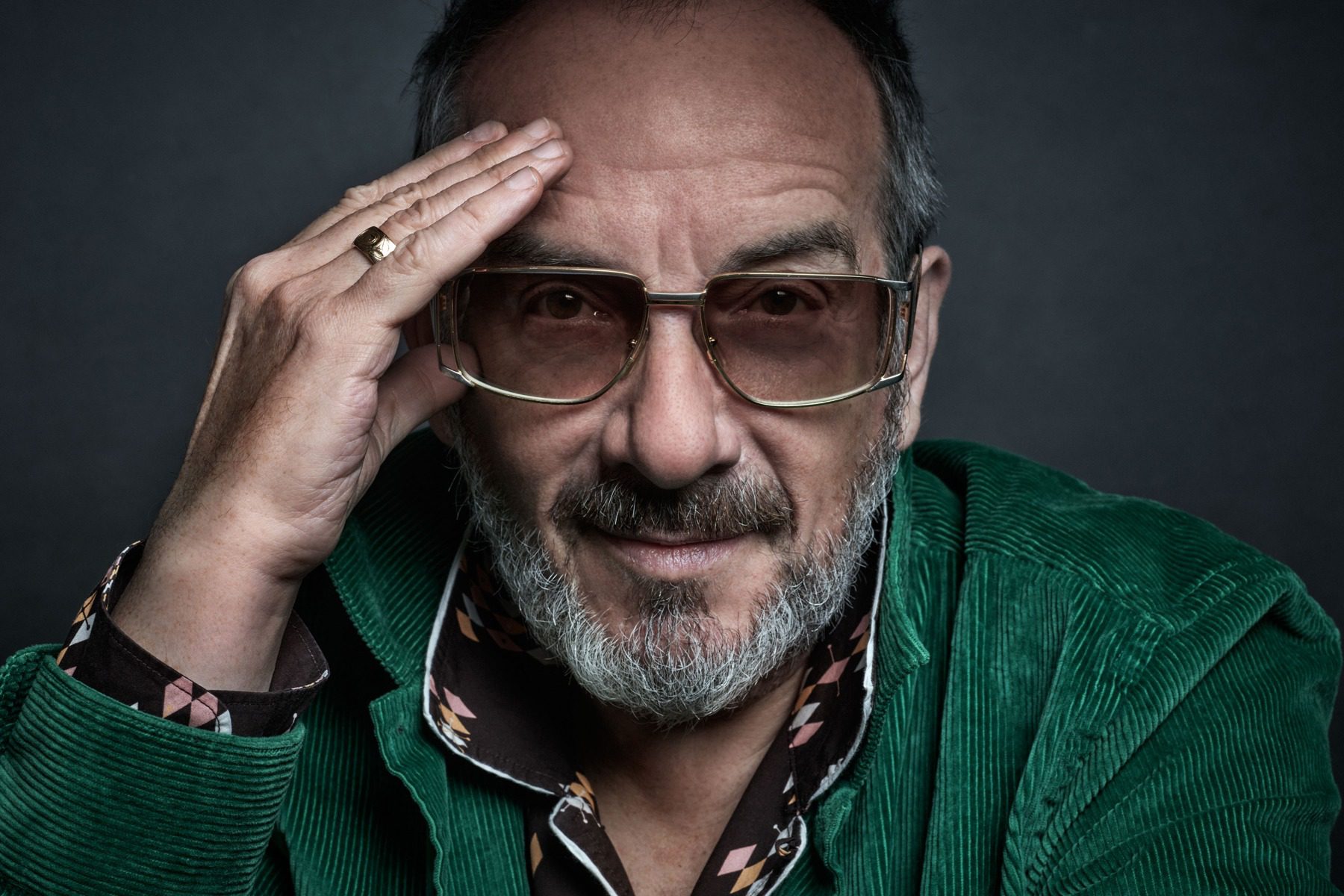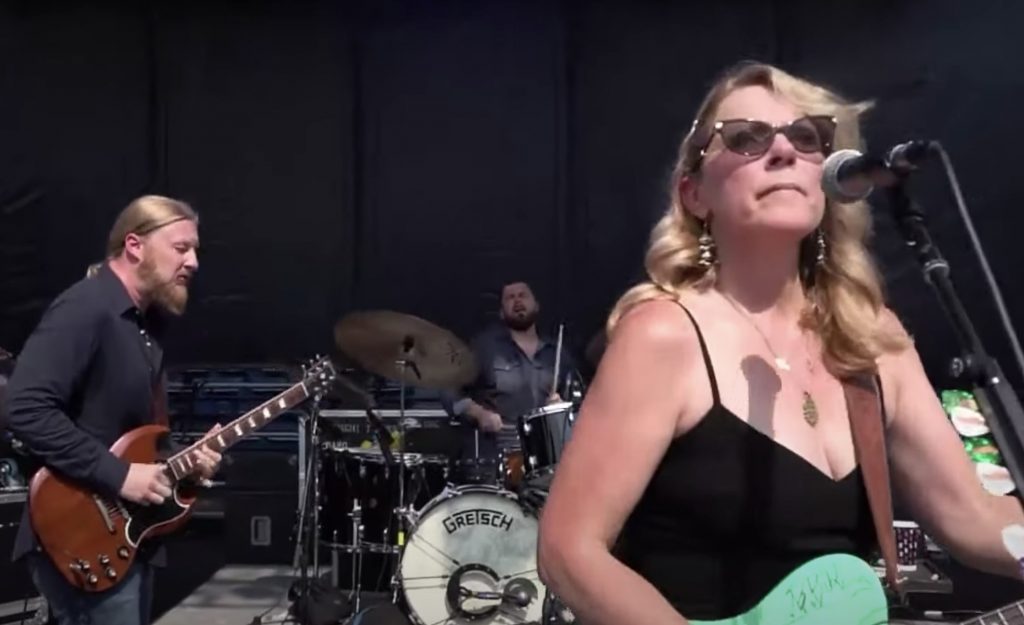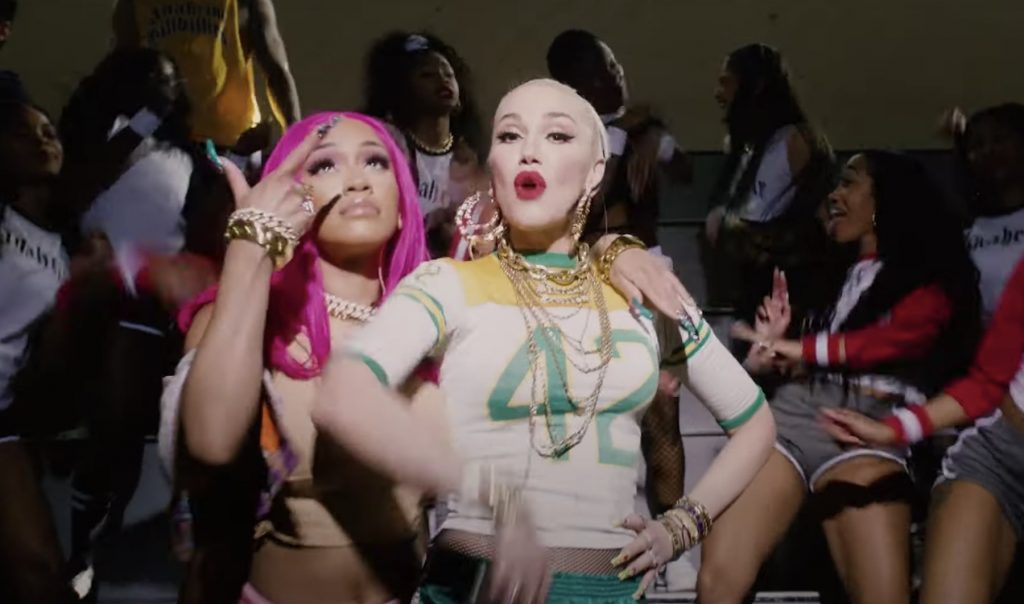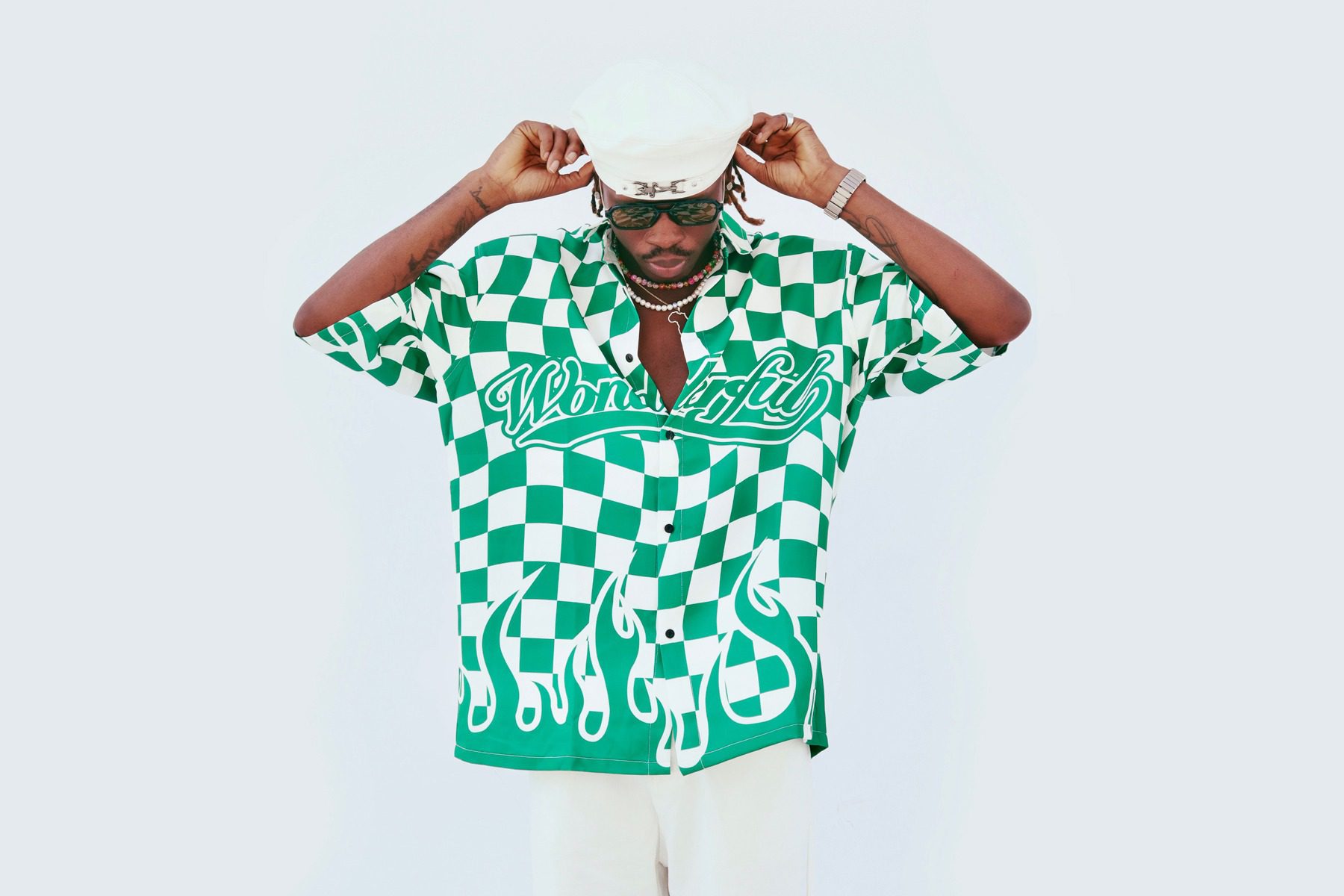
Fireboy DML: Afrobeats’ Humble Hero Conquers the World His Way
When Fireboy DML turned 10, his mother baked him a makeshift cake. She cut up some old cardboard to make a one and a zero, then stuck the numerals on top of the cake. It wasn’t the grandest of celebrations, but it was heartfelt, and it was all the family could afford at the time. What Fireboy remembers most, though, is how sad the other kids in their neighborhood seemed as they sang “Happy Birthday” to him.
“I saw so much pain and struggle in their eyes, and that gave me clarity,” says the Nigerian singer, now 26. “Like, nobody really gives a fuck. Someone [could] say, ‘It’s someone’s birthday, let us go and celebrate’ — but it doesn’t mean they’re not feeling pain, it doesn’t mean they’re not miserable, it doesn’t mean they’re not frustrated about something. Ever since that time, something just died inside of me.”
These days, Fireboy is a punctilious, perceptive artist, with a fiercely individualistic range. He has a knack for crafting lyrics suffused with intention and alluring honesty, along with hooks that stay in your head long after the song is over. Those qualities have made him one of the leading voices in Afrobeats and a burgeoning global superstar, getting Ed Sheeran to sing on the remix of his own 2021 hit “Peru” and personally being hand-picked by Madonna to feature on a new club remix of “Frozen.”
blogherads.adq.push(function () {
blogherads
.defineSlot( ‘medrec’, ‘gpt-dsk-tab-article-inbody1-uid0’ )
.setTargeting( ‘pos’, [“mid-article”,”mid”,”in-article1″,”mid-article1″] )
.setSubAdUnitPath(“music//article//inbody1”)
.addSize([[300,250],[620,350],[2,2],[3,3],[2,4],[4,2],[640,250]])
;
});
At 4 p.m. in Lagos, Fireboy sits in a plush high-backed chair at the Oriental Hotel, whose luxurious decor mirrors the cosmopolitan taste of well-to-do Nigerians. Halfway behind silk caramel curtains, a large window shows a heart-stopping view of the Lagos lagoon, now turned a gentle gray from pollution and dotted with boats and bridges leading to the island where the hotel is located.
Decked out in a lime-green ensemble of baggy cargo pants, a soft cotton sweater vest, and a furry bucket hat covering most of his dreadlocks, he seems immensely relaxed — unbothered about taking himself too seriously, yet distinct in his thought process. When he talks, he peppers his sentences with Yoruba, his birth language, and pidgin, lightening the mood and making himself come across as human as possible.
Staying rooted in his sense of humanity matters very much to Fireboy. “I’ve always been reclusive, placing priority on solitude, having alone time, and I’ve never really been the going-out person,” he says. “Growing as a person and into the industry, seeing things, I realized how important it is to hold on to that part of me that always seeks solitude after a long period of time of exchanging energy out there.”
Earlier this year, Fireboy rounded off his first U.S. tour, an experience he describes as the highlight of his career. “I had the best performances of my life,” he says. The tour, which lasted all of February and saw him perform across 11 states, opened his eyes to the wide-reaching influence of his music and of the Afrobeats genre. “It was during the peak winter period and people were coming out in the snow,” he says. “Family men, married people with kids. It meant a whole lot to me. When you live this life and you’re blinded by the glamour, it’s the little things that burst your head.”
Born Adedamola Adefolahan, the first of three boys, Fireboy got his big break in 2019, when he rereleased the infectious head-bopper “Jealous.” Later that year, he released his debut album, Laughter, Tears and Goosebumps; without so much as a feature from an established artist, the LP went on to win several awards and solidify his place in the rising crop of Afrobeats artists. In hindsight, Fireboy considers that move risky, but one that affirmed his need to make music on his own creative terms.
Growing up in Abeokuta, a city in southwestern Nigeria about 50 miles outside Lagos among hills and mountains, Fireboy scarcely shared his life with anyone. “Apart from my family, all the memories I have of that time were with me in solitude,” he says. He had few friends, and it wasn’t until he left for university that his world began to open up. Although he grew up with academic parents who, like many other Nigerian parents, hoped he would follow their path toward a solid white-collar career, he was drawn to music instead.
blogherads.adq.push(function () {
blogherads
.defineSlot( ‘medrec’, ‘gpt-dsk-tab-article-inbody2-uid1’ )
.setTargeting( ‘pos’, [“mid-article2″,”mid”,”in-article2″,”mid-article”] )
.setSubAdUnitPath(“music//article//inbody2”)
.addSize([[300,250],[300,251],[620,350],[2,4],[4,2],[3,3],[2,2]])
.setLazyLoadMultiplier(2)
;
});
He’d been part of a church choir in Abeokuta, and when he began studying English at the Obafemi Awolowo University, his interest in music heightened. He remembers begging for performance slots at events before finding an early foothold in the industry by working as a songwriter; while he regrets selling some of the songs he wrote in this era, he cites it as a necessary part of the process. “I am grateful for what music has done for me,” he says. “So any sacrifice it needs me to make, I’m happy to do it.”
Eventually he was discovered by legendary Nigerian rapper Olamide, who signed Fireboy. “For me, it’s always been Fireboy’s sound,” Olamide says. “It’s distinct. It’s undeniable. From the first time we met, I knew he would bring something to music that hasn’t been heard before.”
Since his career took off in 2019, Fireboy has kept up a steady pace, releasing two successful albums. If those releases established him as an artist with serious global ambitions and reflective depths, he says his upcoming LP, Playboy, will show his playful and carefree side.
“Like, omo, I just want to live my life and stop overthinking stuff,” Fireboy says. “I’ve heard people say online that Fireboy is too serious, and maybe that’s the vibe I gave off from the first two albums. But this one is about loosening up. Enjoy your life. There’s a vibe to it. It’s cohesive as an album should be. That’s what matters. I’m excited about this moment. I like what I hear when I listen to the album every night.”
The songs on Playboy paint a picture of a man whose life has opened up in unimaginable ways, and who now stands ready to look into the future without any dread. His approach to love is less yearning and more matter-of-fact, underlined with a brash approach to chasing his desires and showing a newly prominent bad-boy persona. This is Fireboy’s first character arc, and he appears fully prepared for it.
For now, Fireboy is taking time to get his album ready for summer while trying to stay grounded. “I am recovering from spending so long out there on the road,” he says. “After a very long couple of months of doing that, it’s imperative that I stay at home, chill and relax, read a book, or play FIFA — you know, just have a semblance of humanity. I’m learning to appreciate little things, like coming home to my brothers, having them run around the house to disturb me for stuff, things that remind me of who I really am as a person. I hold on to those a lot.”
blogherads.adq.push(function () {
blogherads
.defineSlot( ‘medrec’, ‘gpt-dsk-tab-inbodyX-uid2’ )
.setTargeting( ‘pos’, [“mid”,”mid-articleX”,”in-articleX”,”mid-article”] )
.setSubAdUnitPath(“music//article//inbodyX”)
.addSize([[300,250],[300,251],[3,3],[620,350],[2,2]])
.setLazyLoadMultiplier(2)
;
});
